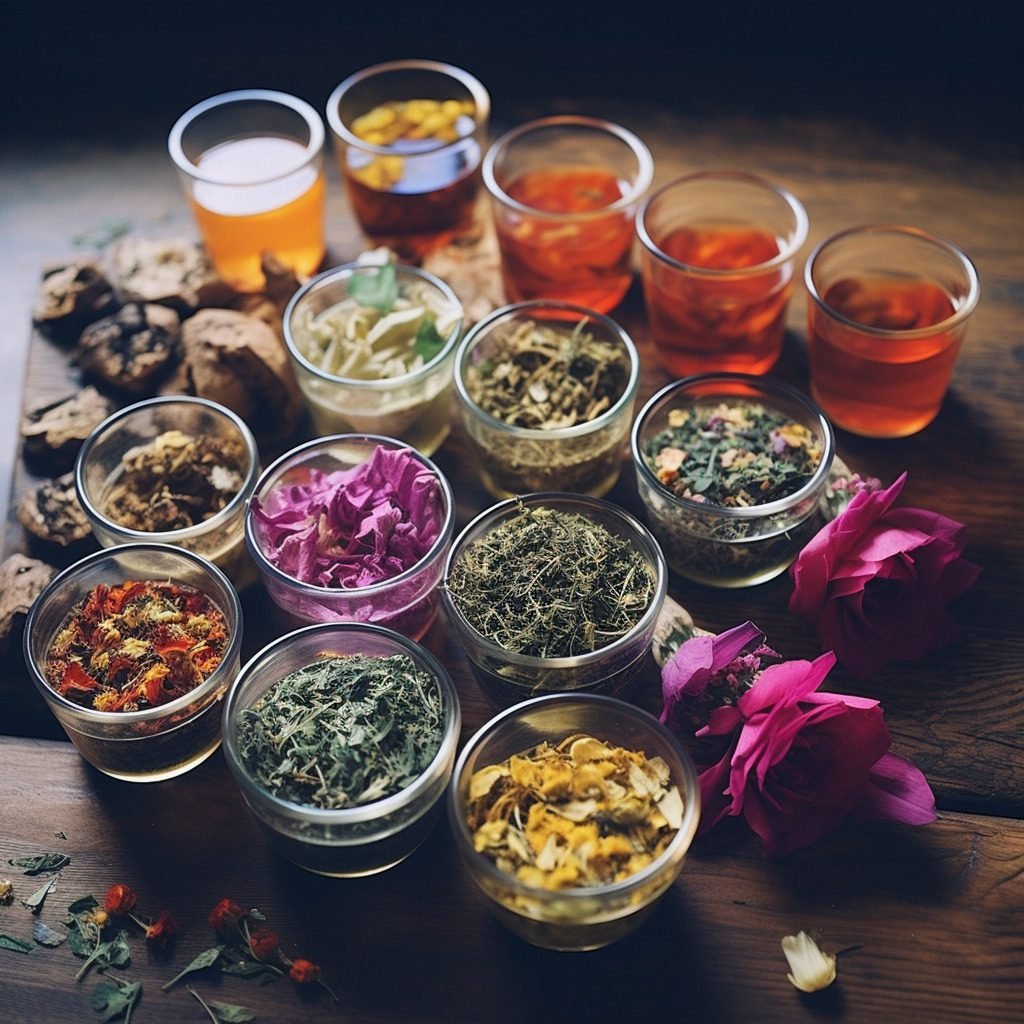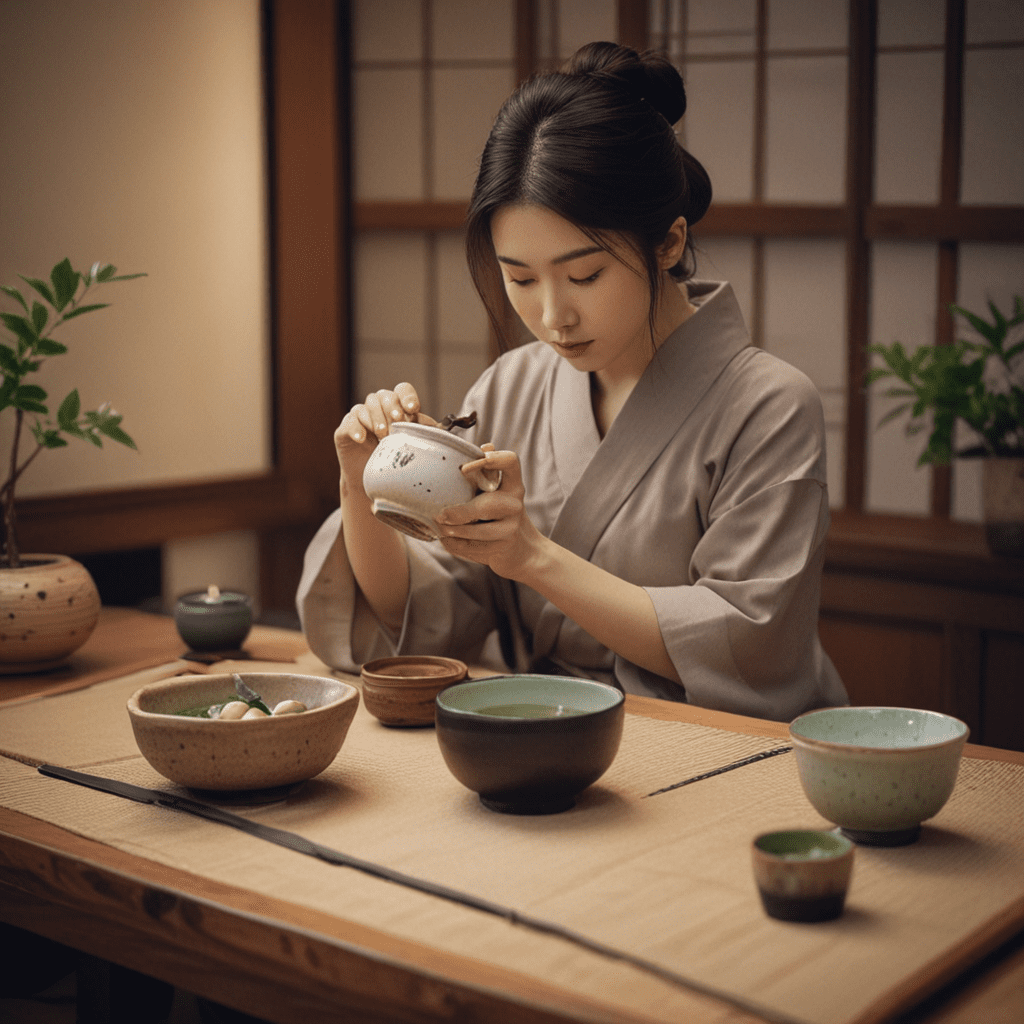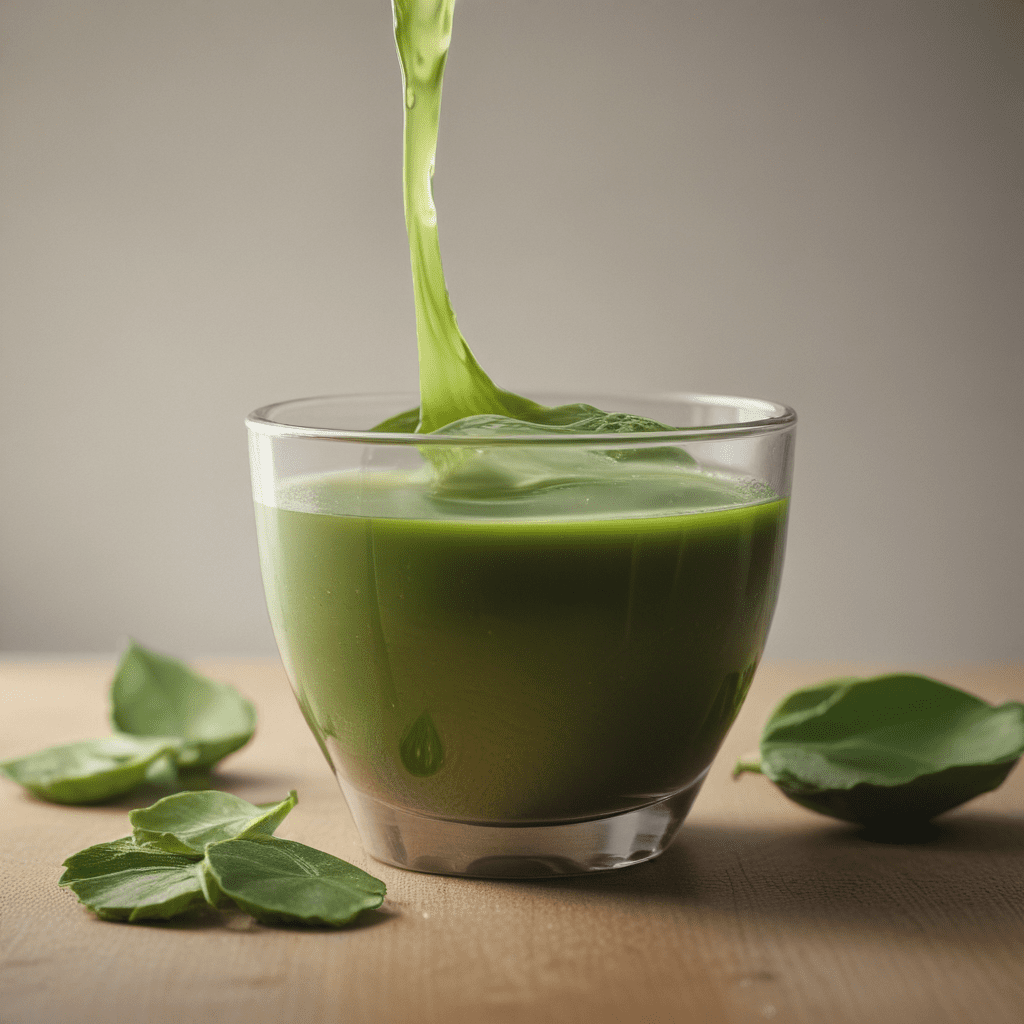Discover the Healing Power of Medicinal Teas
Tea has been consumed for centuries, not only for its delightful flavors but also for its many health benefits. Among the various types of tea, medicinal teas stand out for their ability to promote wellness and address specific health concerns. These teas are brewed from a combination of herbs, flowers, and other natural ingredients that provide therapeutic effects when consumed. In this article, we will explore the key elements of medicinal teas, offer practical tips for selecting and using them, and answer common questions about their benefits.
Key Elements of Medicinal Teas
Medicinal teas are formulated with specific health benefits in mind. Here are some key elements to be aware of:
- Herbal Ingredients: Medicinal teas are usually made from herbs, flowers, and other plant-based ingredients that have been used for centuries in traditional medicine. Examples include chamomile, ginger, peppermint, and hibiscus, each offering unique healing properties.
Active Compounds: Medicinal teas contain bioactive compounds that contribute to their healing effects. These compounds can have antioxidant, anti-inflammatory, or soothing properties, depending on the ingredients used. For example, chamomile tea contains a compound called apigenin, which has been shown to reduce inflammation and promote relaxation.
Traditional Wisdom: Medicinal teas often draw upon the wisdom of ancient healing systems, such as Traditional Chinese Medicine and Ayurveda. These traditional practices have identified specific herbs and combinations that are known to address various health concerns, providing a rich source of knowledge for medicinal tea formulations.
Tips for Medicinal Teas
When selecting and using medicinal teas, consider the following tips:
- Taste and Preference: Medicinal teas come in a wide range of flavors, from floral and herbal to earthy and spicy. Experiment with different flavors to find ones that you enjoy, as this will make it easier and more enjoyable to incorporate them into your daily routine.
Price and Availability: Medicinal teas can vary in price depending on the ingredients and brand. Consider your budget and look for options that provide good value for money. It’s also important to ensure that the teas you choose are readily available so that you can easily restock when needed.
Quality and Sourcing: To ensure the best results, opt for high-quality medicinal teas made from organic or sustainably sourced ingredients. Look for reputable brands that prioritize quality control and transparency in their production processes.
Brewing Methods: Different medicinal teas may require specific brewing methods to extract their full potential. Follow the instructions provided on the packaging or consider consulting a tea expert for guidance on the ideal brewing temperature, steeping time, and water-to-tea ratio.
Incorporating Medicinal Teas
Incorporating medicinal teas into your daily routine can be an excellent way to support your overall well-being. Here are some ideas for selecting and using medicinal teas:
- Morning Ritual: Start your day with a cup of herbal tea that boosts energy and mental clarity. Peppermint and green tea are great options known for their invigorating effects.
Midday Refreshment: When you need a pick-me-up in the afternoon, reach for a calming tea that can help reduce stress and improve focus. Chamomile and lavender teas are renowned for their soothing properties.
Evening Relaxation: As part of your evening wind-down routine, choose a herbal tea that promotes relaxation and better sleep. Valerian root and passionflower teas are known for their sedative effects.
Targeted Support: If you have specific health concerns, consider researching medicinal teas that are known to address those issues. For example, ginger tea is often used to soothe digestive discomfort, while nettle tea can be beneficial for allergies and inflammation.
Remember to consult with a healthcare professional if you have any underlying medical conditions or are taking medications before incorporating medicinal teas into your routine.
FAQ about Medicinal Teas
Q: Are there any side effects to drinking medicinal teas?
A: While medicinal teas are generally safe, it’s important to be mindful of potential allergies or interactions with medications. Some ingredients, such as chamomile, may cause drowsiness, so it’s best to avoid driving or operating machinery after consuming such teas.
Q: Can children and pregnant women drink medicinal teas?
A: It’s advisable to consult with a healthcare professional before giving medicinal teas to children or pregnant women, as some ingredients may not be suitable for these populations.
Q: How long should I steep medicinal teas for optimal benefits?
A: The optimal steeping time can vary depending on the tea and its ingredients. Follow the recommended instructions provided with the tea or experiment with different steeping times to find your desired taste and potency.
Q: Can I sweeten medicinal teas?
A: While the natural flavors of medicinal teas can be enjoyed on their own, adding a touch of honey or a squeeze of lemon can enhance the taste. However, avoid adding excessive amounts of sweeteners to maintain the health benefits of the tea.
In conclusion, medicinal teas offer a delightful and effective way to support your overall health and well-being. By understanding their key elements, considering practical tips, and incorporating them into your daily routine, you can harness the healing power of these teas for a healthier lifestyle. So grab your favorite cup and start exploring the world of medicinal teas today. Cheers to good health!



